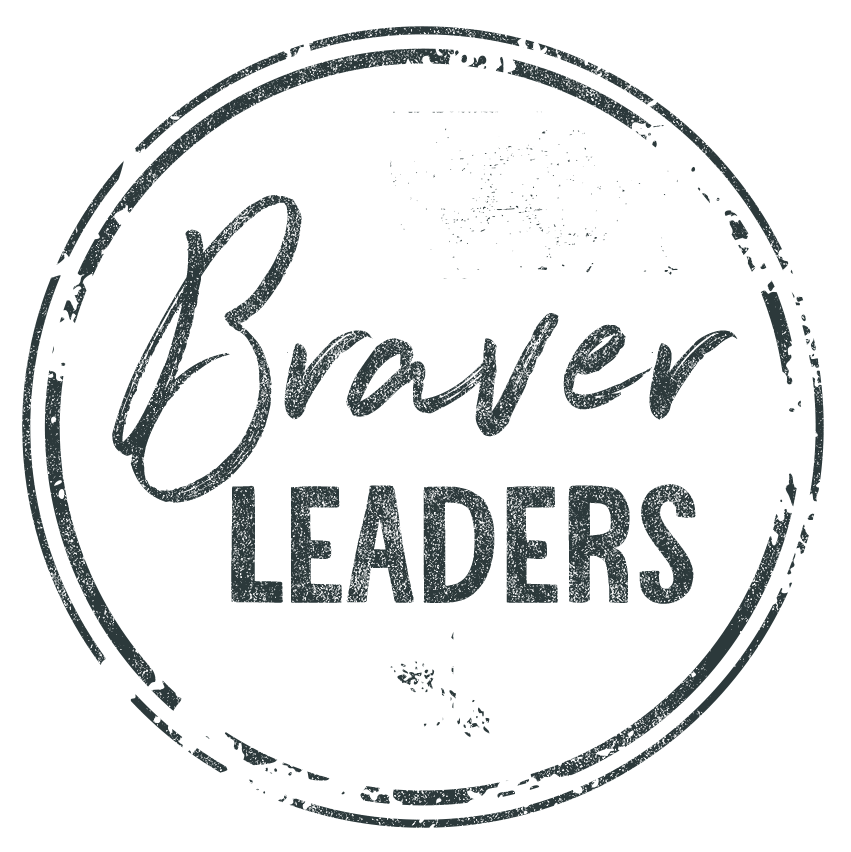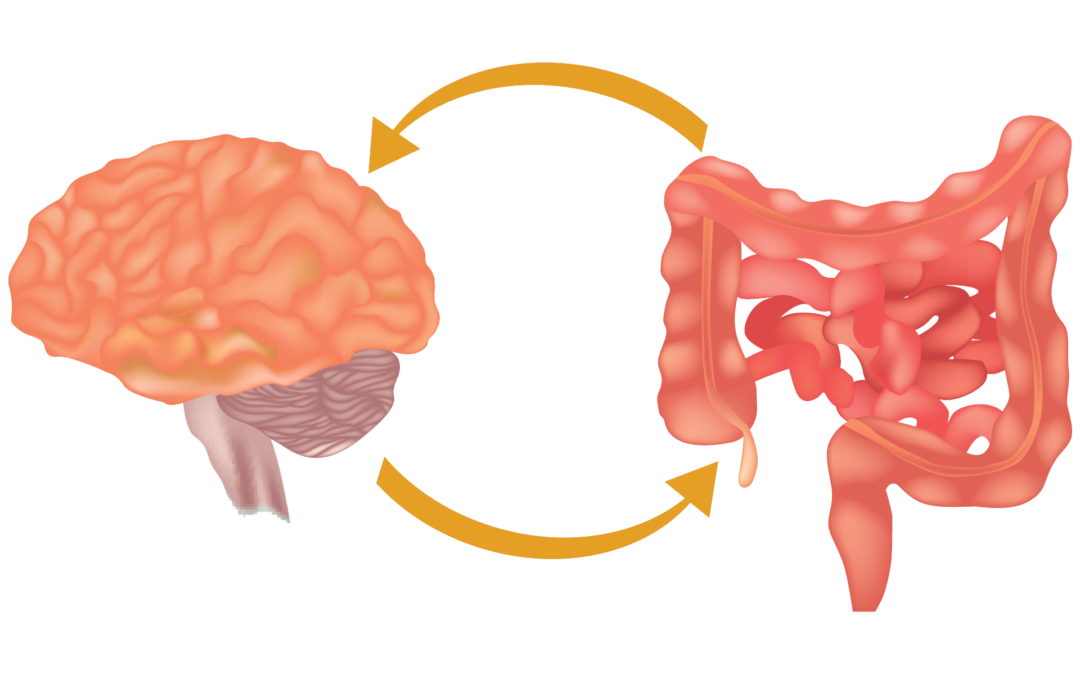While I don’t think they are mutually exclusive, most of us lean towards intuition or fact-based decision making. Some of us make decisions rapidly, some of us more slowly and some decide not to decide. After having many heated debates about intuition or gut instinct with people over the years, it is both an emotive and complex area where it is easy to become wedded to your own preference.
To be up front here, I sit firmly on the side of intuition, I trust myself and let my gut, brain and heart guide me – I won’t ignore the facts or hard evidence, but don’t rely on it either. I think how we make decisions is somewhat dependant on our personality, our conditioning and our level of self-esteem.
Intuition is not some airy fairy, mysterious quality some of us have and others don’t, we all have it – it is based on our past experiences, our knowledge gained and even when we don’t always understand our ‘gut instinct’ there is an explanation for it if we bother to look. Intuition is often described as knowing things before you know them, even when you can’t explain how.
In reality our gut does have a fast track to our brain with over a hundred million nerve cells talking directly to our brain (the enteric nervous system) and the vagus nerve literally connecting our brain, heart and gut.
We constantly process sensory stimuli, cross reference them at an unconscious level with similar experiences in our internal database, and draw a conclusion as to our safety, capacity to act and desire. This unconscious processing happens much faster than our conscious thought and decision making.
The key question is can we trust it or not?
Well, we have all done something out of character, only to find out it was the right thing retrospectively – it might be as simple as driving a different way than usual and finding you avoided a long queue after an accident, it might be you call a friend you wouldn’t normally call only to find they really needed someone to talk to – this may have been an urge, you may have had a physical sensation or ‘gut instinct’ that led to act.
There are several theories around why intuition works and is perhaps more tangible than we may think. I find this one helpful in explaining it to my more sceptical friends; intuition is based on continuous unconscious processing of sensory information which happens whether or not our rational mind is occupied on conscious tasks. When something is not quite right in our environment, this could be someone else’s behaviour or the actual environment, like pre thunderstorm, our brain produces small surges of dopamine which in turn create a physical sensation, or weird feeling, that often accompanies ‘gut instinct’.
Often unconscious processing involves other people. Our brains are constantly working to make sense of the world around us, how the presence, behaviour or actions of another affects us, and whether we need to do more to serve – this is called social processing. Matthew Lieberman,(Professor of Neuroscience, UCLA), talks about social superpowers as being social pain and social connection, with social pain activating the brain areas as physical pain on MRI scan, and social connection essential to our survival.
When we start to leverage social connection there is a blur between intuition and mindreading – and this is where perhaps relying on intuition can seem more risky, we take incomplete information and create a story. This story is our perception of reality. We look at people’s micro expressions, body language, emotional state, attitude and try to predict their responses – and this often happens before we can process logical factual information. Instinctively when words and expressions or attitude and body language don’t add up we feel something is not right – or have a ‘gut feel’ about something.
These instincts are as much evolutionary as they are neurological. Reading emotional signals is an ancient trait on which our ancestors relied for survival – is this person friend or foe, am I safe or not – the stakes may not be the same now, but the instincts are. This doesn’t mean our instincts are always correct, they might be designed to keep us safe, but they are frequently clouded by our own life experience, prejudices and beliefs and this can cause us to make biased assumptions. So if we are to trust our intuition we also need to both understand our biases and wherever possible reality check our instinct with rational thinking and facts.
It seems logical that if intuition is served up first there is some evolutionary benefit to us using it. One of my favourite books is Blink by Malcom Gladwell. In there he argues that our ability to make good decisions is not driven by having all the information, logical processing and analysis. Our ability to make good rapid decisions is in fact, driven by our adaptive unconscious, which he refers to as the internal supercomputer of our brain. This leads you to take rapid instinctive action when you need to – like in the face of imminent danger, it also enables you to socially process in an ongoing manner.
There is no doubt intuition can also lead you astray if you are not aware of your own internal biases or rely on it to the exclusion of factual evidence.
For every piece of research supporting trusting your gut there is one telling you not to. The argument against is largely based around unconscious bias, and it’s a valid one. Our brain’s need for patterns for stories to fit means that we invent the bits of missing information to fit patterns we already know how to run. The more complex and incomplete a situation the less reliable instinct might be, however most of the decisions we make are not complex or life altering, many are not even day altering so does more information really make a difference?
At the risk of sounding cynical or conspiratorial, facts, research and reasoning are potentially developed to help us with social functioning, communication and influence. This also leaves us exposed to cognitive bias, potentially reluctant to change our views or beliefs and less flexible when it comes to taking action.
Seriously though balance is the answer – while I lean toward intuition, I recognise that in some circumstances intuition is enough and in others I also need to do due diligence, be aware of the facts, and then make a decision.
If you take one thing from this article learn to trust yourself, whether you need facts or whether you act intuitively, refrain from analysis paralysis bought on by not trusting yourself to do the right thing. The more you act the more evidence you will have that you can trust yourself, whatever the outcome. (Right or wrong decision – you’re still here aren’t you?)


I recently was with someone and I kept getting this feeling in my gut, a real fear like I should walk away. I kept ignoring it thinking it was because I was scared of getting hurt. Turns out I should have walked away when I had the chance as it turned out that he turned my life upside down and now I’m hurting like never before